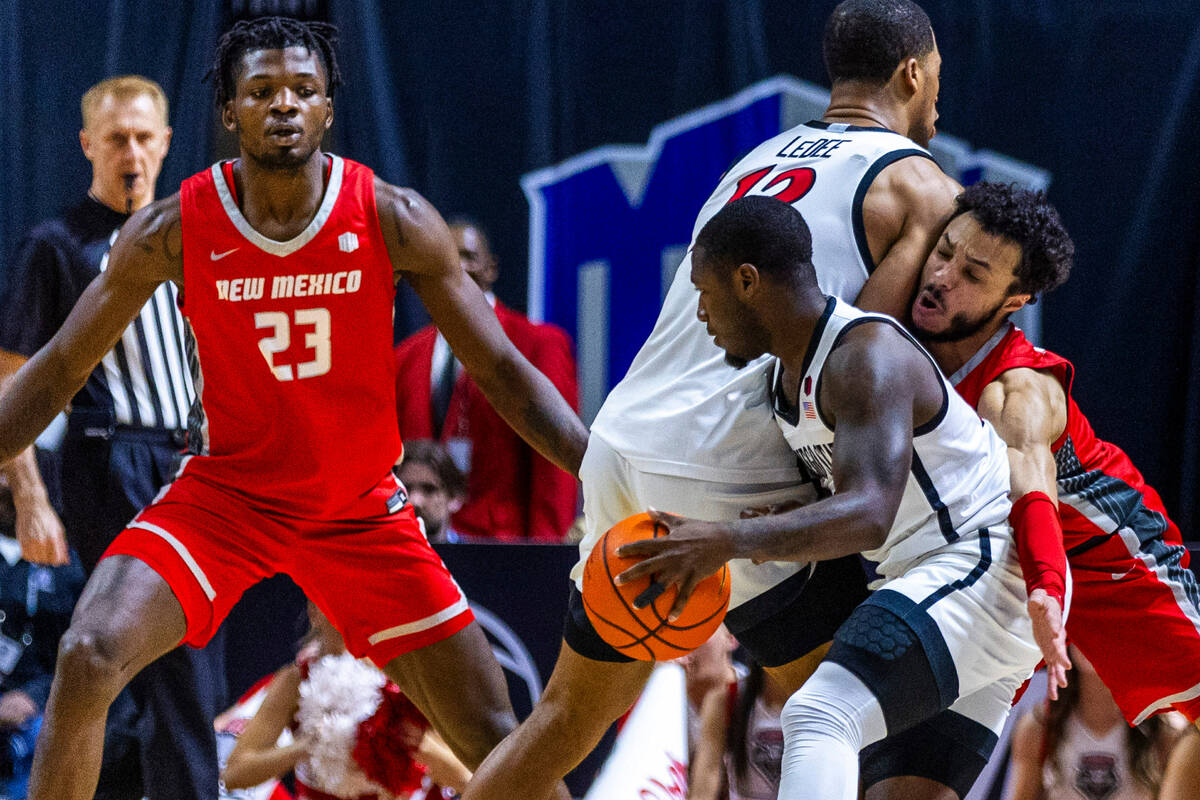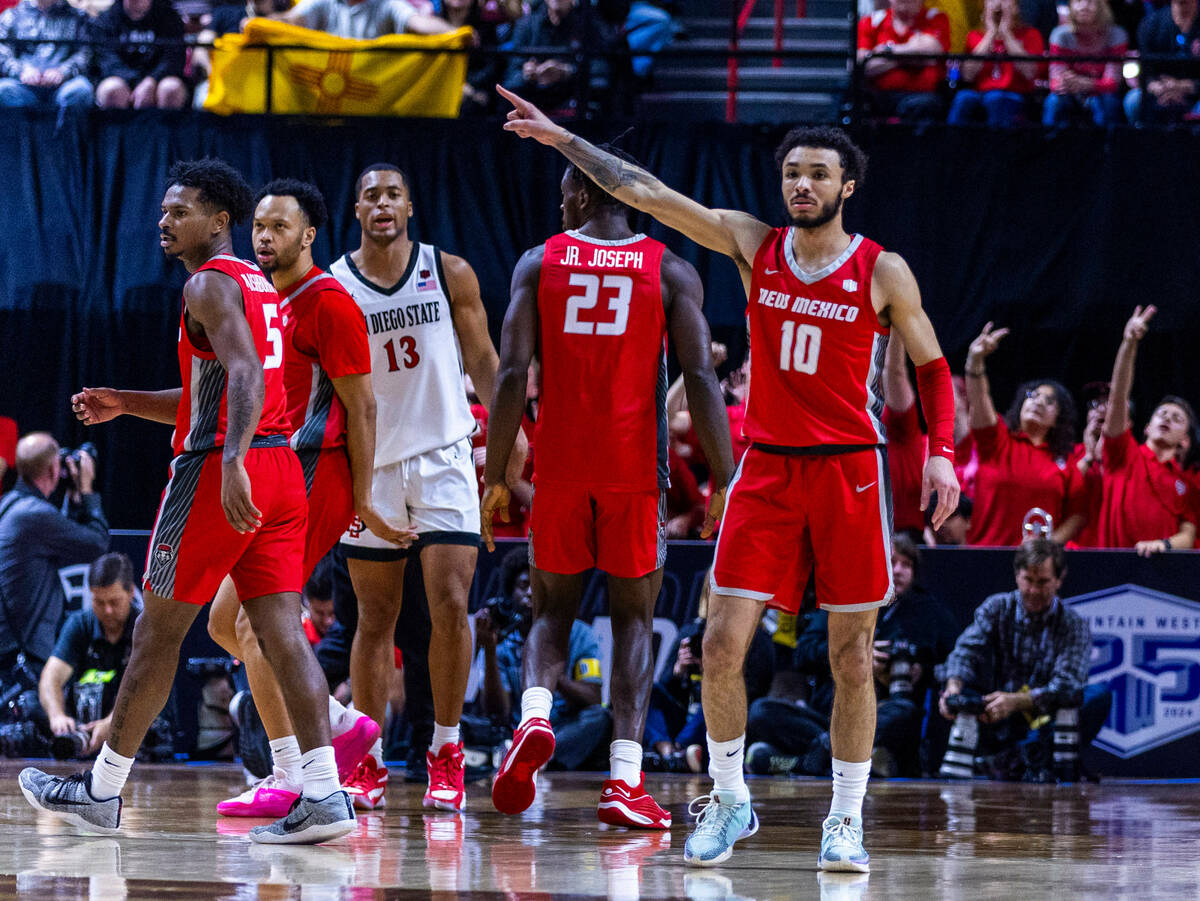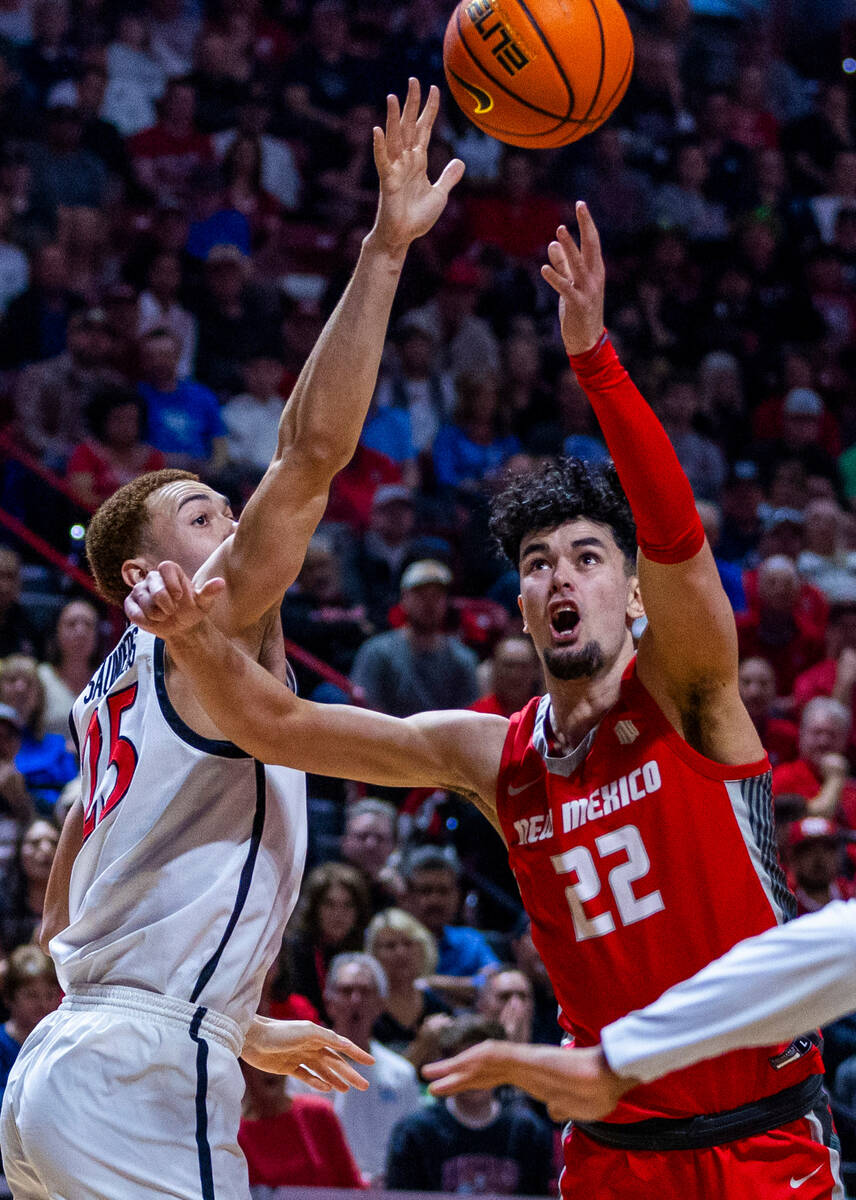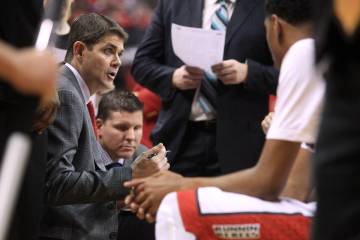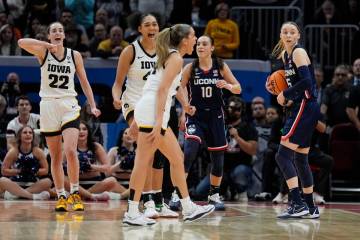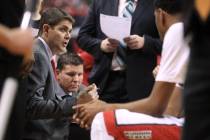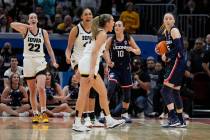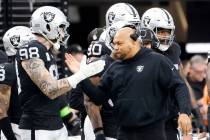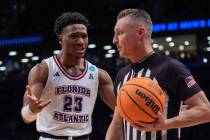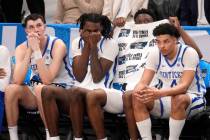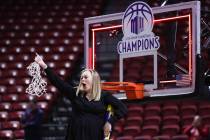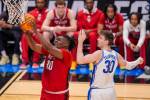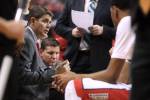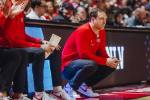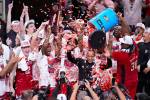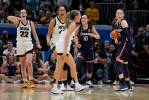Hill: For NCAA Tournament, it’s not a conspiracy theory if it’s true
It’s that time of year in sports when we need to have a talk about conspiracy theories.
No, this is not a column about the potential of Aaron Rodgers being selected as a vice presidential candidate.
Though we do have some questions about that. Would he abandon the campaign trail to play until the election? Would the Jets be able to use Secret Service agents as offensive linemen? How would that work against the salary cap?
So many questions to which we will likely never have answers.
But again, this is not about Rodgers and the strange way he is going about his stated efforts to no longer be a distraction away from the field.
No, this is about the arrival of Selection Sunday. While it remains one of the most fun days in all of sports, it’s also one ripe with opportunity to question the motivations of the NCAA Tournament committee and the overlords of college sports.
Teams are supposed to be selected and seeded based on what they have done throughout the season and not on the might of their institution or ability to draw eyes to televisions. But anyone who still believes in the concept of “blind resumes” hasn’t been paying attention over the years.
Some may call this a conspiracy theory, but there is far too much evidence to support it over the years, and there will be plenty of examples Sunday when the field is announced. Big conferences will get more bids than they deserve, and power programs will undoubtedly receive more favorable draws than they have probably earned.
And it’s only going to get worse. The NCAA is hanging on for dear life with all the new compensation rules that have coincided with massive conference realignment that has left the Southeastern Conference and Big Ten in a position to break away and do their own thing, possibly joined by two other superconferences.
At some point, the NCAA will have little choice but to bow to every desire of the power leagues. It has already started. Just take a look at the NIT selection process. While it happened with little fanfare, the traditional automatic bids that went to small conference regular-season champions who didn’t win their league tournaments will instead be used to guarantee berths and home games for two teams from each of the six power conferences.
The little guys have been completely pushed out. And it’s going to happen with the big tournament as well.
Nobody is even really trying to hide it anymore. SEC commissioner Greg Sankey went on the record with ESPN this week to say the quiet part out loud.
“We are giving away highly competitive opportunities for automatic qualifiers (from smaller leagues), and I think pressure is going to rise as we have more competitive basketball leagues at the top end because of expansion,” he said.
He went on to point out a couple of major conference bubble teams who made long runs through the NCAA Tournament in recent years, while somehow failing to point out that two non-power league teams were in the Final Four last year.
Must have just slipped his mind.
But of course Sankey is going to get his way. If the NCAA doesn’t make changes to appease the big boys, then they could very well just take their brackets and go home, starting their own tournament.
So despite all the flaws with the current imperfect process, we all need to at least take one moment from our complaints when the bracket drops to appreciate what we do still have, at least for now.
Pushing a narrative
It’s also not a conspiracy to suggest the committee often sets the bracket to create potential matchups of interest, even though they are not supposed to participate in such manipulation.
It happens all the time. While I follow the selection process for the women’s tournament far less closely, it would be easy to predict where UNLV will be playing if the women’s committee is anything like their counterparts on the men’s side.
Lindy La Rocque’s team will be a No. 8 or 9 seed with the potential to take on top-seeded Stanford, her alma mater, in the second round.
But that would just be a coincidence, right?
Perfect outcome
The Mountain West isn’t part of the power structure in college athletics, but the league did have a good week in Las Vegas.
Teams that needed a win or two got them, and the committee is now left with almost no choice but to give the conference six bids. There is probably plenty of discussion in the room about how to keep that from happening, but it would be tough to justify.
All of the pushing of the #SixBidMW hashtag on social media just may come to fruition.
Contact Adam Hill at ahill@reviewjournal.com. Follow @AdamHillLVRJ on X.



